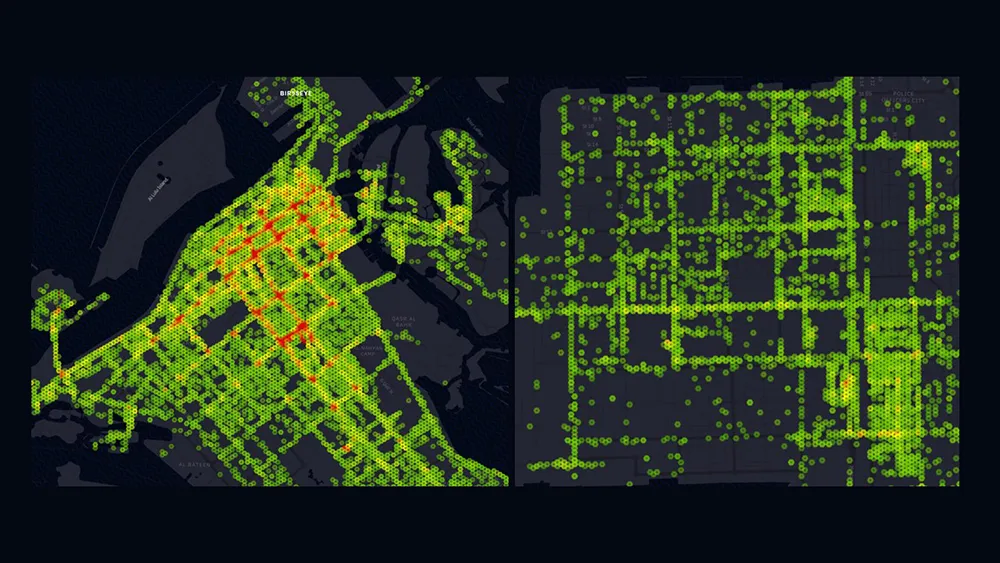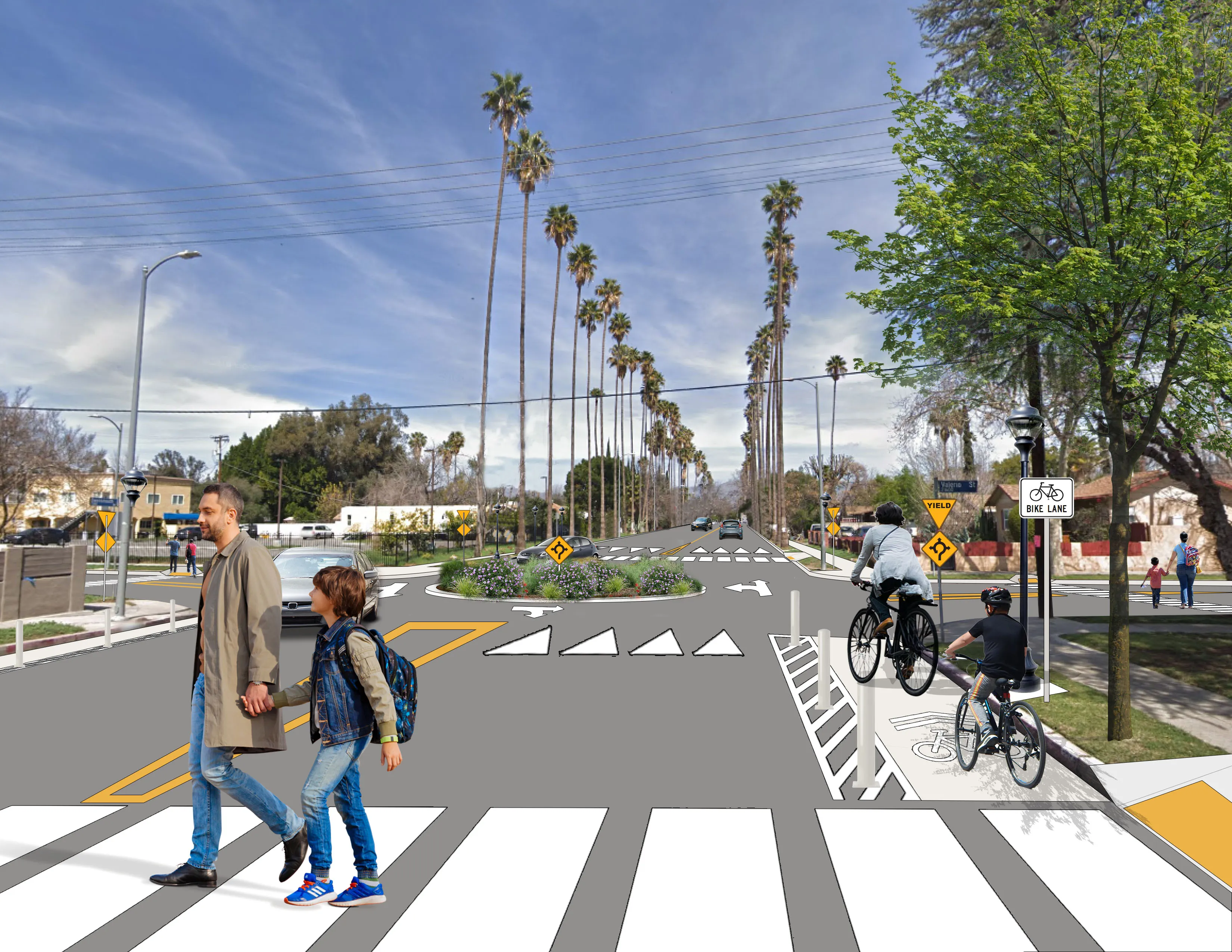
Numerous organisations have benefited from this important awards programme and for the latest GRAA, in the category for Urban Mobility, the winner was Abu Dhabi’s Integrated Transport Centre.
Transport investments require a large amount of government funds. In order to make more informed, objective and data-driven decisions, the Integrated Transport Centre (ITC) built a tool, the Strategic Transportation Evaluation and Assessment Model (STEAM), which simulates and helps plan for the future of Transport in Abu Dhabi Emirate.
The DMT’s STEAM is a sophisticated multimodal travel demand tool that uses AI and Big Data analytics to support the decision-making process in the Emirate. The model uses demographic and economic information in addition to numerous sources of data from surveys, traffic systems and external stakeholders.
People’s behaviour and their travel patterns are captured to create a complex mathematical model that reflects the current conditions and forecasts future travel patterns.
STEAM is the official tool for Abu Dhabi Emirate to make informed decisions about land use development, the transportation system and transport policy changes. It is able to model travel demand patterns across the transportation system for any combination of scenarios in the forecast horizon years (2020, 2025, 2030 and 2040).
STEAM is used by many internal and external stakeholders to study infrastructure requirements. This tool has been successfully used to test over 60 Billion AED worth of schemes, policies and initiatives (e.g. whether and when to expand a road, build a tunnel, implement a toll, or build a metro).
The ITC’s vision is to deliver an Integrated and sustainable transport for a better quality of life for the Emirate of Abu Dhabi. STEAM is a sophisticated and dynamic tool to help achieve this vision.
The Steam Model is a Statistical Inference tool that uses person behaviour properties to predict future transport usage, including:
• How many trips are generated from each type of land use.
• Destination choice, such as where do people travel from to visit a new shopping mall.
• Which mode of travel people choose: Car, Taxi, Bus, Rail, Walk, Bike etc.
• Time of day that people choose to travel to each destination type.
• Route choice for particular trip trails to get from point A to point B.
The model comprises of over 140,000 lines of code and is built using a variety of statistical models (Logit, Linear Regression, and constrained convex optimisation algorithms).







